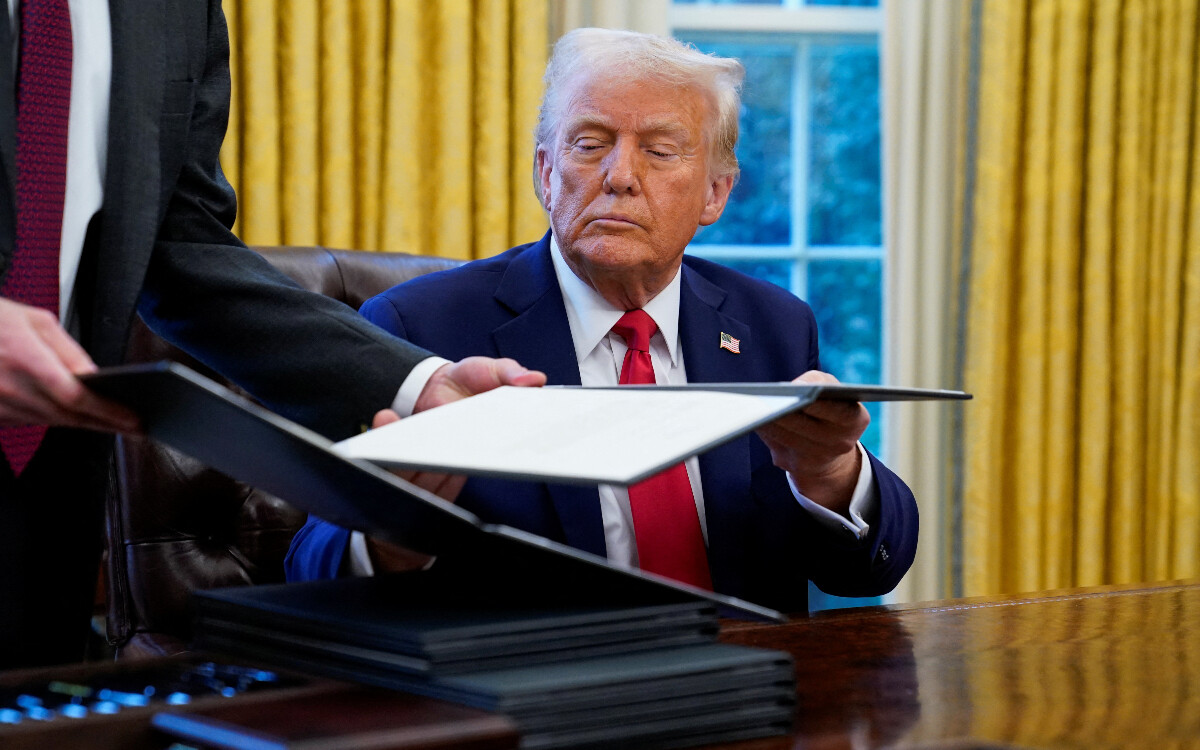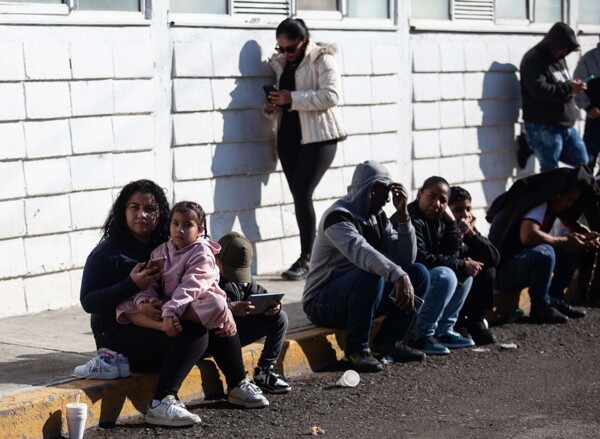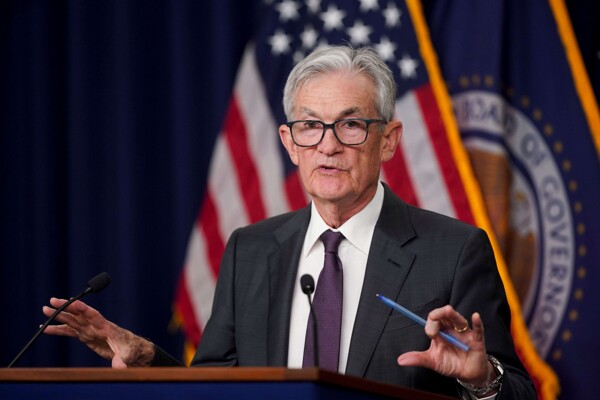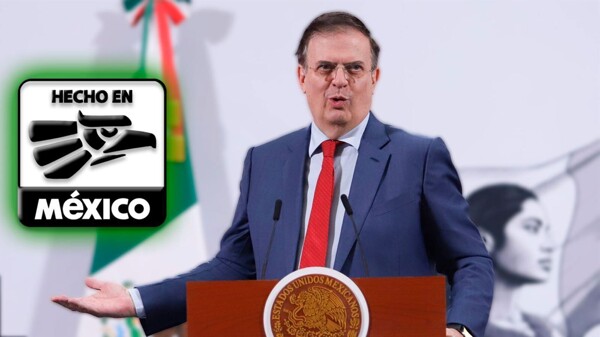
President Trump faced strong opposition, despite significant support in Mexico for Claudia Sheinbaum from the leadership of the National Action Party, the Catholic Church, business leaders, and exporters. Polls indicated that the Mexican middle class feared a trade war with the United States.
Trump mentioned that the National Guard would carry out tasks to contain illegal migration, but Sheinbaum did not refer to this, which could be politically incorrect. Additionally, Trump committed to halting the sale of high-caliber weapons to Mexico, although his statement made no mention of it.
The public safety consultant explained that Mexico has transitioned from being seen as a country linked to organized crime to becoming a partner with which the U.S. can reach trade, migration, and security agreements. However, he noted that Trump lacked evidence in accusing Sheinbaum's government of having ties to drug trafficking.
Sheinbaum agreed to send 10,000 National Guard troops for immigration police duties, which could weaken the fight against criminal groups in the country. The expert highlighted the need to form a Mexican lobby in the United States to confront Trump's policies.
It was emphasized that Trump would use his negotiation scheme based on threats and blackmail, and that Mexico should seek a more effective strategy to face these attacks. It was mentioned that the agreement between Sheinbaum and Trump did not benefit Mexico, and that the U.S. president would continue with his pressure tactics.
In summary, it was noted that the accounts of the agreements between Sheinbaum and Trump differ in the statements issued by both, and that Mexico conceded to the demands of the U.S. president to avoid tariffs. Additionally, the possibility was raised that Mexico may need to play the 'China card' in future negotiations with Trump.














